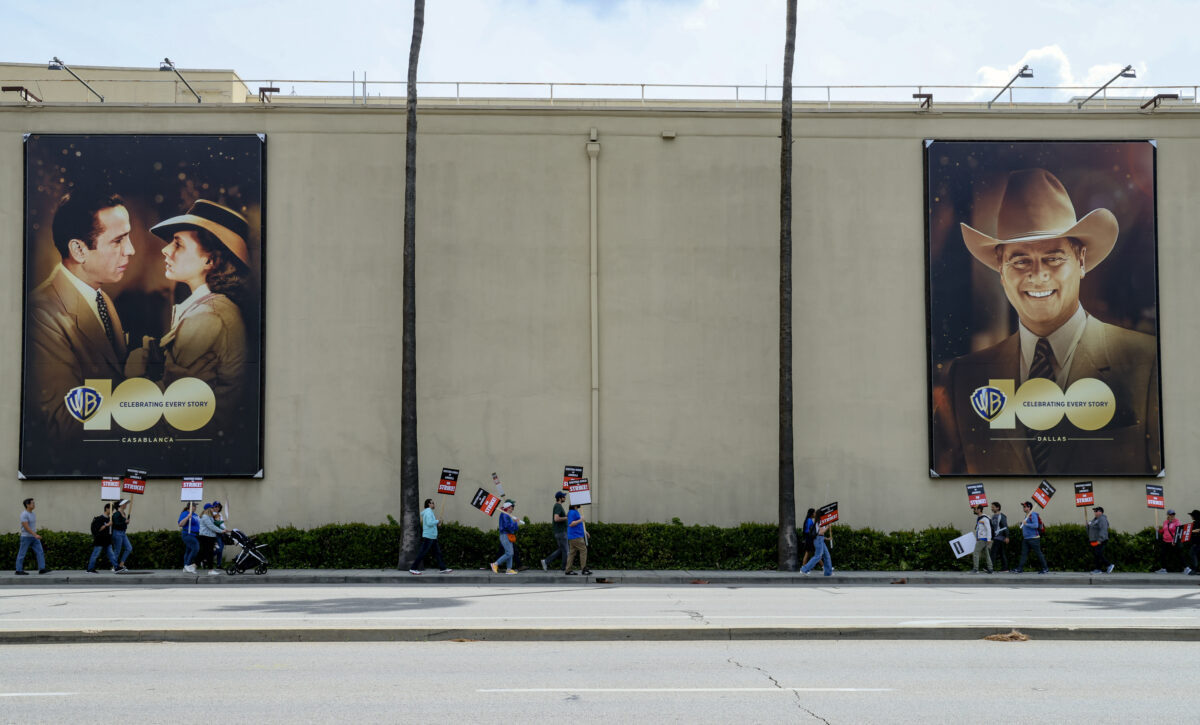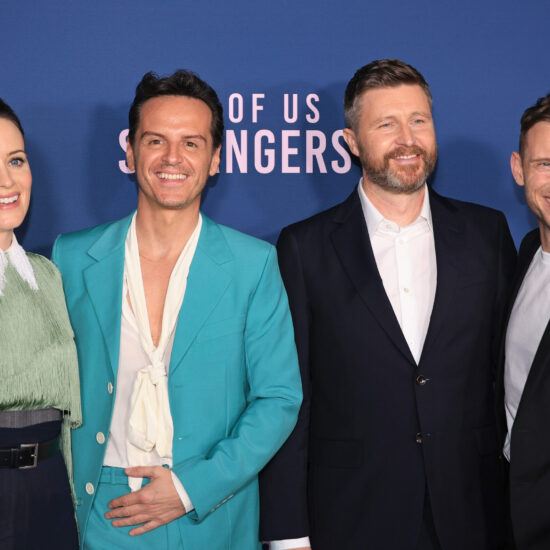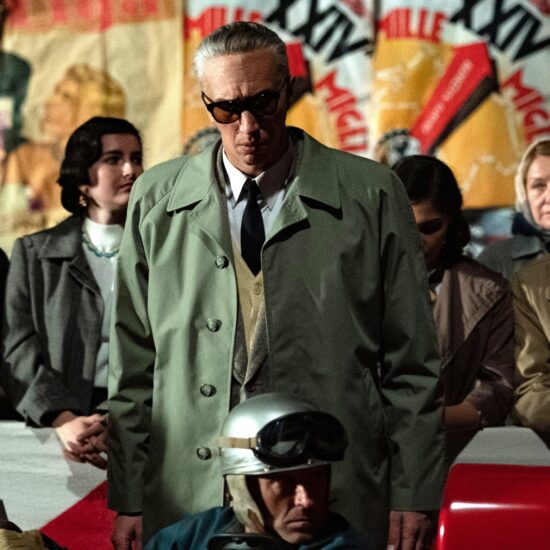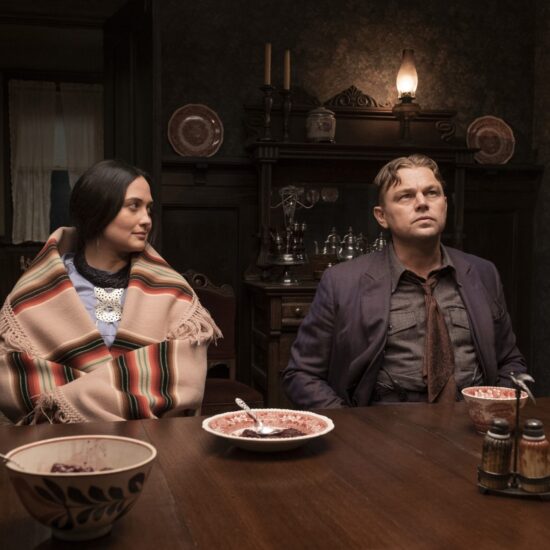
On Sunday night, the Writers Guild of America and the AMPTP jointly announced they had reached a tentative deal on a new minimum basic agreement. You can read all the details here, or if you prefer the TL;DR: The strike is over! Almost.
A few things have to happen first before writers get back to work. The WGA negotiating committee is still waiting “until the last ‘i’ is dotted” on a formal contract before sharing it with members (and the press). That will happen tentatively by Tuesday, at which point the WGA boards (both the East and West) will meet and vote on approving the new contract.
After that, the guild will call for a vote asking to lift the “restraining order” to formally end the strike. But that vote won’t be official until WGA members vote to ratify the contract they’ll work under for the next three years. To pass each step, the guild needs a simple majority.
During the last writers strike in 2007-08, a tentative deal was reached on February 8, 2008. Two days later on February 10, the WGA and AMPTP boards each approved the deal, and on February 12, 92.5 percent of writers voted to end the strike, 100 days after it was first called on November 5, 2007. The new contract was then ratified with a 93.6 percent vote on February 26.
You can expect a similar timeline here (the WGA has been on strike since May 2), but as it’s been throughout the strike, the guild wants to be the one to communicate to members when writers are allowed to get back to work.
So far, guild leaders made clear to members that while picketing is suspended, writers are not allowed to go back to work until the strike is officially over.
If all works out, writers will be able to submit spec scripts, have agents negotiate on their behalf, begin development on new studio projects, and even do the minor cutting, editing, and rewrites in post-production that are an essential part of a showrunner’s job. Writers rooms for network and streaming shows will start immediately in an attempt to jump-start the fall season. Overall deals should be restored and writers will be able to pay their staffs again. Writers will be able to promote their work during awards season.
Crucially, late-night and daytime talk shows, whether it’s “The Tonight Show,” “Saturday Night Live,” or yes, even “The Drew Barrymore Show,” all of which were the first to go dark back May 2, will be the first to return and will come back to the air immediately. That’s because for those projects, the hosts and actors work under a separate contract with SAG-AFTRA that isn’t considered struck work.
For everything else, whether it’s scripted TV shows or movies that have suspended production or want to begin production, those must wait until the SAG-AFTRA strike is over (unless they’re an independent project that is eligible to sign the guild’s interim agreement).
Exactly when SAG-AFTRA will return to the negotiating table remains to be seen. Actors haven’t had any contact with the AMPTP since the guild went on strike on July 14, including the time that renewed talks between the WGA and AMPTP appear to have stalled. While actors and writers have similar issues around residuals or data transparency, actors also have specific concerns including the regulation of AI and the work of background actors or stunt performers.
SAG-AFTRA also has its own labor protocols to work through and with roughly 65,000 members compared to the WGA’s 11,500, the actors’ ratification and strike lifting vote could take longer. There’s also no precedent here; the last time there was a dual strike in 1960, actors resolved their strike after six weeks while the writers carried on for another two months.
So what happens if one of those formalities don’t happen and writers fail to ratify the new contract? That would send the negotiating committee back to the table and force them to keep talking with the AMPTP until they get a better deal, “best and final offer” language be damned. At that point, all bets would be off as to when the strike would end.
That scenario has never happened. Not in any of the past WGA strikes, not for the DGA or SAG-AFTRA, and not in the dual WGA and SAG-AFTRA strike of 1960 (though IATSE recently came very close with a razor-thin margin of approval).
That seems unlikely. Not only has the WGA communicated to members that its tentative deal in principle addressed “all deal points,” but also the summer’s DGA deal — which was met with grumbling from writer-director hyphenates that it didn’t go far enough and only hurt the resolve of the WGA and SAG-AFTRA — was ratified with flying colors.















